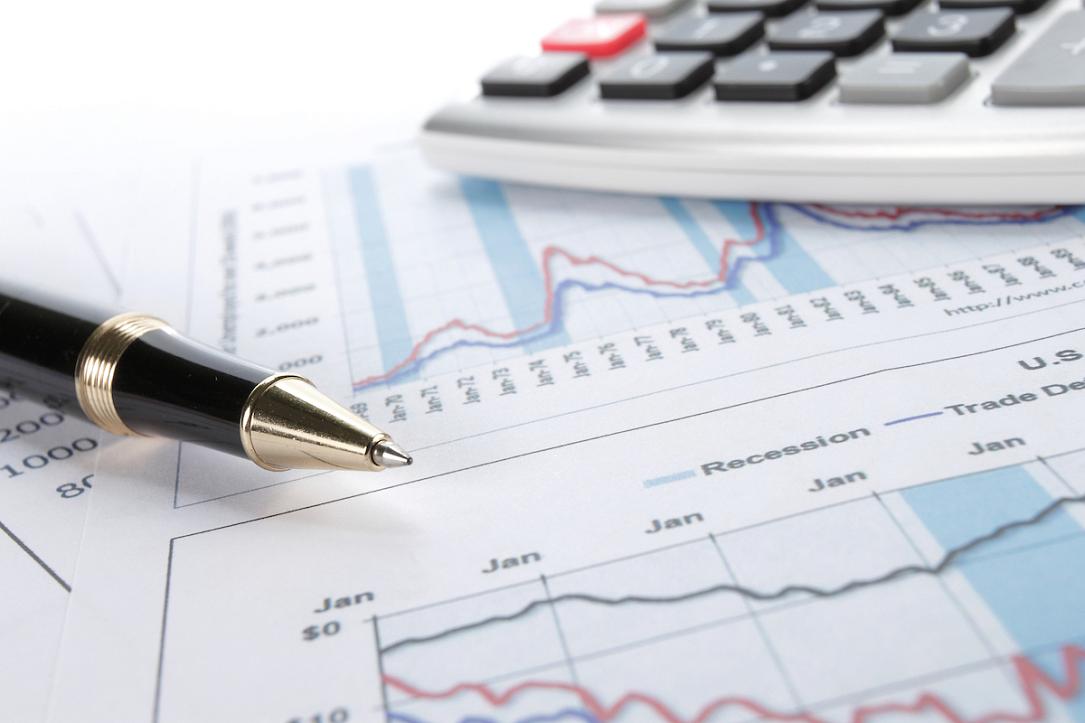Romania's public budget under pressure from inflation and war



Although the public budget deficit in the whole first quarter of the year has increased moderately (+7.3%) compared to the same period of 2021 and the gap-to-GDP ratio decreased, analysts notice a steeper deterioration in March that may be explained by the beginning of the war in Ukraine.
The fiscal consolidation, from 6.8% of GDP last year to 5.8% of GDP this year, is a performance indicator for the Government in the context of the excessive deficit procedure (EDP). The deficit of the general government budget increased by 65% in March compared to the first two months of the year, financial analyst Aurelian Dochia commented the data.
"It is very clear that this is just the beginning of the deterioration of public finance because a series of measures have been taken recently that affect budget revenues drastically for the whole of 2022 and maybe beyond, given that spending must increase. There are obligations that have arisen in connection with the crisis in Ukraine, refugees and so on," he explained, quoted by Ziarul Financiar.
While the reasoning in broad terms may be relevant (in fact, all the wars have a negative impact on the budgets), the high-frequency (monthly) budget data should be regarded with caution as one-off effects are common.
Another element with a key impact on Romania's budget execution is the rising inflation. While analysts consulted by Ziarul Financiar daily admit the temporary positive effect on revenues, they warn about the negative impact of inflation in the long term.
Furthermore, it is important to evaluate the impact of inflation on expenditures. Some expenditures can not be maintained in nominal terms (interest paid on public debt, procurement of some essential goods), while all other expenditures - including pensions, other social security contributions, public payroll and health expenditures - are decreasing with a negative impact on investments, the performance of the public services (health, education) and eventually on the private consumption.
In fact, the impact of inflation on the public budget itself is overall negative.
"I do not see how inflation can help the budget. It might help it in the short term because the population is more difficult to adapt to new conditions and consumes from inertia. But in time, it will eventually adapt. And lower consumption hits the economy because the producers have no buyers and twill fie employees further weakening the consumption," the financial analyst explained.
iulian@romania-insider.com
(Photo source: Dreamstime.com)